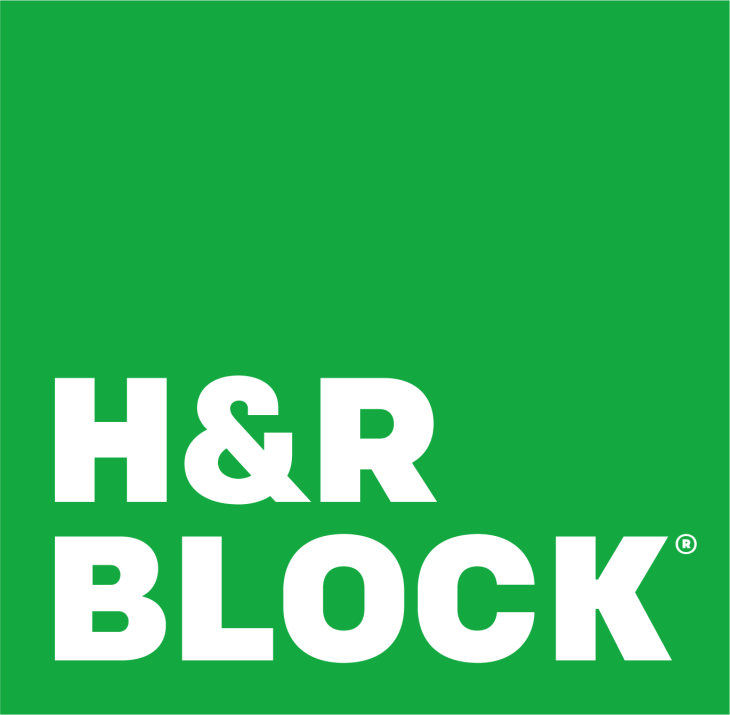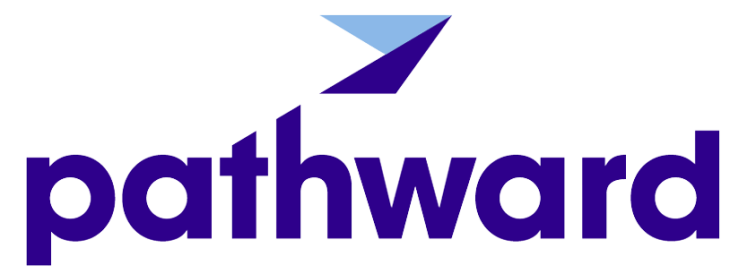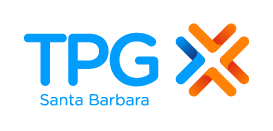New survey shows voters are satisfied with their current tax preparation method; want IRS to prioritize tax fairness and enforcement
CAMBRIDGE, Mass., June 20, 2023 – Today, SocialSphere, Inc. released survey data conducted in collaboration with the American Coalition for Taxpayer Rights to shed light on voters’ views of the IRS and what policies they want the agency to focus on in the future. Formed in 2011 by the nation’s leading retail tax preparation and tax software companies and financial institutions, the American Coalition for Taxpayer Rights (ACTR) advocates for taxpayer rights and the preservation of our voluntary tax compliance system.
The survey, which included 2,160 quantitative interviews with registered voters between February 13 and 17, 2023, follows and puts into perspective a survey conducted by The MITRE Corporation in December 2022 as well as the May 2023 IRS Report to Congress.
Top findings of this survey include the following:
- Voters are overwhelmingly satisfied with their current tax preparation method and would recommend it to others. Our survey indicates that a plurality (42%) of registered voters prepare their taxes using “digital tax preparation software.” And more than two-thirds (71%) of voters who are responsible for their household’s taxes and use a digital tax-prep software company find they are likely to recommend it to a friend or colleague, with “likely” defined as a rating of 8-10 on a 0-10 scale.
- Very few voters are focused on the process of filing taxes as a priority for the IRS and instead want the agency to ensure that the wealthy and big corporations pay their fair share. Voters were asked unaided and aided questions to name the most important — and most urgent — priorities for the IRS. On two distinct measures of IRS priorities, interest in an IRS system allowing people to file and pay their taxes directly on a government site ranked lowest.After more than two thousand verbatims were coded, only 2% of respondents described issues related to making filing taxes easier and simplifying the process as the most important. This is compared to other top-rated priorities such as ensuring wealthy individuals and big corporations pay their fair share (18%); catching tax evaders and closing loopholes (15%); improving customer service, efficiency, and accuracy (11%); and enforcing a fair and equitable tax code (10%).In a close-ended question asking what IRS-related activities are considered the most urgent priority, “Investing in the latest technology so Americans can prepare and file their taxes directly on the IRS website” was ranked lowest (13%). One-third (33%) of voters believe “Congress updating the tax code so corporations pay their fair share” should be the IRS’ most urgent priority.
- After key context is shared with voters — including both pros and cons for “a new IRS free, online tax preparation and filing service” — nearly 2-in-3 (62%) voters remain either neutral (51%) or opposed (11%) to it. Voters’ support was measured on a 0-10 scale three times throughout the survey — at the outset after arguments opposing and after arguments in favor of the proposal, which was described as allowing “all taxpayers to prepare and file their taxes directly with the federal government without the assistance of software, storefront, or do-it-yourself tax preparation systems.” Following statements detailing some of the drawbacks, support decreases by 30%, and opposition more than doubles.While Democrats are the most likely to support the proposal at the outset of the survey (56% compared to 42% of Republicans and 44% of independents), their support falls to 40% (a 29% decline). And despite many Democrats rebounding after hearing messages in support of the plan, support remained weak (38%) among all registered voters.
- Gen Z voters (30% likely) are less likely than older generations to say they would use a new IRS tax filing service — as well as those who describe their financial situation as stressed or struggling (31% compared to those who are in a comfortable financial situation), Republicans (28% compared to 42% for Democrats), and those without a college degree (30% compared to 56% with a college degree).
- More than two-thirds of registered voters in our survey find arguments related to making the system fairer and reducing inequality (66%), addressing basic customer needs (66%), and better publicizing the current Free File program (69%) to be very or somewhat persuasive.Democrats are particularly concerned that a new IRS system for tax preparation would not address inequality. A plurality (41%) of Democrats believe that “The system does nothing to address income inequality and the thousands of high-income millionaires and billionaires who have a greater chance to abuse the system. The wealthiest 1% will not use this voluntary system — they will continue hiring high-priced lawyers and accounts” is very persuasive (27% somewhat).
- Of the eight federal agencies, organizations, and companies tested in our survey, only one – the IRS – was viewed unfavorably by registered voters. Forty percent (40%) of voters hold favorable views of the Internal Revenue Service, while a majority (52%) hold unfavorable views. Like so many other things across society today, the IRS is viewed through a highly partisan lens: 52% of Democrats hold favorable views, while only 29% of Republicans and 37% of independent voters say the same.
Methodology:
This survey, which was conducted online with 2,160 registered voters, carries a 95 percent credibility level of +/- 2.1 percentage points. Post-stratification weights were calculated for this survey. Weights were calculated based on the 2021 and 2022 Current Population Survey, the 2021 and 2022 American Community Survey, and the 2020 Census. Gender, age, race and ethnicity, sexual orientation, education attainment, current educational enrollment, marital status, and census division were used for weighting. Additionally, non-coverage bias factors associated with online behaviors were used to adjust the sample, including trust in neighbors and health factors. Respondents had a mean weight of 1.49, a median weight of .96, and a standard deviation of 1.63.
About SocialSphere:
SocialSphere, Inc. is a modern public opinion research and consulting firm founded and based in Harvard Square, Cambridge, Massachusetts. Led by John Della Volpe and Jonathan Chavez, SocialSphere specializes in qualitative and quantitative research methods with unparalleled expertise understanding and communicating with the Gen Z and millennial populations.
About John Della Volpe:
John Della Volpe is the founder and CEO of SocialSphere, a public opinion research firm in Cambridge, Massachusetts. He is also the director of polling at the Harvard Kennedy School Institute of Politics, where he has led the institute’s polling initiatives on understanding American youth since 2000. The Washington Post referred to him as one of the world’s leading authorities on global sentiment, opinion, and influence, especially among youth and in the age of digital and social media. Della Volpe is the author of the critically acclaimed FIGHT: How Gen Z is Channeling Their Fear and Passion to Save America. He’s an NBC News and MSNBC contributor and appears regularly on Morning Joe. To learn more, visit www.johndellavolpe.com.
For all John Della Volpe news, follow him on Substack, Twitter, and Instagram. For press or other inquiries, please contact info@socialsphere.com or sarina@northwindstrategies.com.




